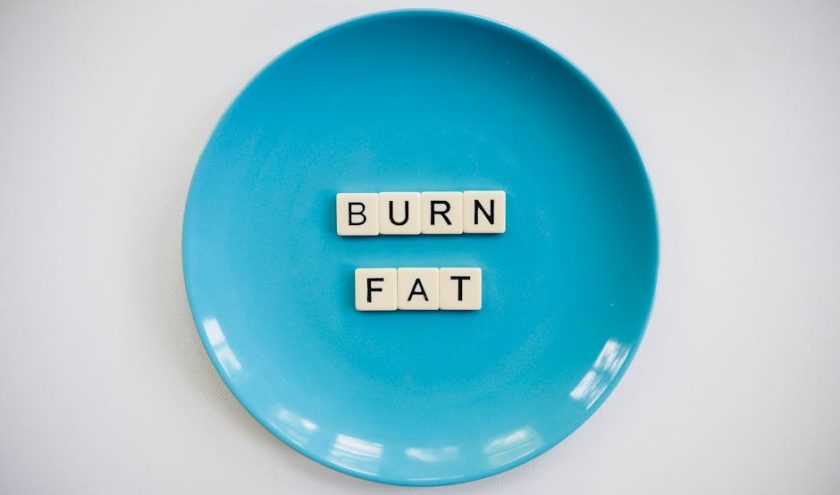Losing weight can be a daunting task, but it doesn't have to be an overwhelming one. With the right strategies and mindset, you can achieve your weight loss goals and improve your overall health. Here's a comprehensive guide to help you lose weight effectively:
**Set Realistic Goals:**
Start by setting realistic and achievable goals. Aim to lose 1-2.5 pounds per week, which is a sustainable pace that allows you to make gradual, long-lasting changes. Avoid crash diets or extreme calorie deficits, as they can be unhealthy and difficult to maintain.
**Track Your Progress:**
Monitor your progress by tracking your weight and measurements regularly. Use a weighing scale, measuring tape, or a body composition analyzer. Tracking your progress will help you stay accountable and motivated.
**Create a Calorie Deficit:**
To lose weight, you need to create a calorie deficit by burning more calories than you consume. Calculate your daily calorie needs using a calorie tracking app or consult with a registered dietitian. Once you know your calorie needs, aim to reduce your intake by 500-1000 calories per day.
**Choose Nutrient-Rich Foods:**
Focus on consuming whole, unprocessed foods that are rich in nutrients. Include plenty of fruits, vegetables, lean protein, and whole grains in your diet. These foods are filling and provide essential vitamins, minerals, and fiber.
**Limit Processed Foods, Sugary Drinks, and Unhealthy Fats:**
Processed foods, sugary drinks, and unhealthy fats are high in calories and low in nutrients. They can sabotage your weight loss efforts and contribute to weight gain. Limit your intake of these items and opt for healthier alternatives.
**Get Regular Exercise:**
Exercise is crucial for weight loss. Aim for at least 150 minutes of moderate-intensity aerobic activity or 75 minutes of vigorous-intensity aerobic activity per week. Include a variety of activities that you enjoy to make exercise a sustainable part of your lifestyle.
**Stay Hydrated:**
Drinking plenty of water is essential for overall health and weight loss. Water helps boost your metabolism, reduce hunger, and flush out toxins. Aim to drink eight glasses of water per day.
**Get Enough Sleep:**
Sleep deprivation can disrupt hormones that regulate appetite, making it harder to lose weight. Aim for 7-9 hours of quality sleep each night.
**Seek Support:**
Losing weight can be challenging, so don't hesitate to seek support. Join a support group, connect with a registered dietitian or a personal trainer, or confide in a trusted friend or family member. Having a support system can provide you with encouragement, accountability, and motivation.
**Maintain a Positive Mindset:**
Losing weight is a journey, not a destination. There will be setbacks along the way, but it's important to maintain a positive mindset and focus on progress, not perfection. Celebrate your successes, learn from your setbacks, and stay committed to your goals.

